News Archive
Research
-
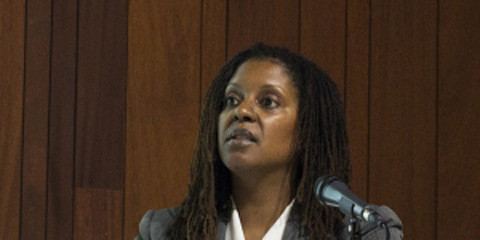
The new California State Senate Select Committee on Aging and Long-Term Care held its first hearing at Glendale Central Library, which brought together experts on aging who offered their recommendations for creating a more effective support and services system for older Californians.
-
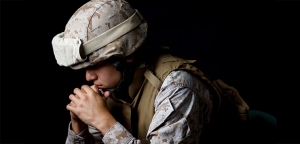
More than 8,000 veterans commit suicide each year, or nearly 22 a day, according to the Department of Veterans Affairs. This rate, which has increased significantly in the past 10 years, has eluded explanation, though many point to a correlation between combat experience and mental health issues.
Researchers at the University of Southern California believe they can now identify when veterans may be more prone to suicide, a first step in more effective prevention efforts.
-
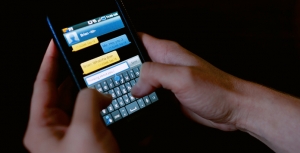
A study from USC researchers provides new understanding of the relationship between “sexting” and sexual behavior in early adolescence, contributing to an ongoing national conversation about whether sexually explicit text messaging is a risk behavior or just a technologically-enabled extension of normal teenage flirtation. The latest research, published today in the July 2014 issue of the journal Pediatrics, found that among middle school students, those who reported receiving a sext were 6 times more likely to also report being sexually active.
-
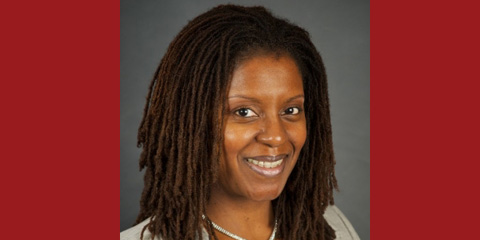
The Gerontological Society of America (GSA), the nation’s largest interdisciplinary organization devoted to the field of aging, has elected Karen Lincoln, an associate professor at the USC School of Social Work, as a fellow in its behavioral and social sciences section.
Fellowship — the highest class of membership — was awarded to Lincoln for her outstanding research contributions in the field.
-

About 120 Los Angeles leaders received an initial look on June 6 at findings from the county’s first and most comprehensive study of the military population, which will be used to inform veteran policy and programs moving forward.
The Center for Innovation and Research on Veterans & Military Families at the USC School of Social Work conducted more than 1,850 surveys of veterans to help identify the areas of greatest need in Los Angeles County, home to the largest population in the country.
-

A mutually beneficial relationship between the disciplines of social work and engineering is not necessarily an obvious combination.
However, leaders from the USC School of Social Work and USC Viterbi School of Engineering believe collaboration between the two fields is a completely appropriate development.
-
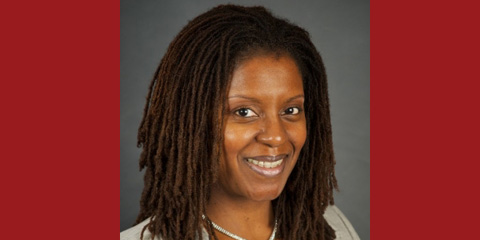
Karen Lincoln, an associate professor at the USC School of Social Work, ranks among the most influential African-American social work scholars in the United States, according to a list published in Research on Social Work Practice.
-

The United States incarcerates too many people, a new National Research Council report concludes. The study’s authors argue the U.S. needs to revise its current criminal justice policies — including sentencing laws and drug enforcement — to significantly cut prison rates and scale back what has become the world's most punitive culture.
-
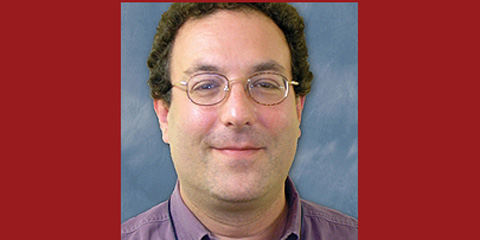
The well-being of our servicemen and women--and their families--is a concern not only for the military, but for civilian society as well. Supporting those who have served in the Iraq and Afghanistan wars as they transition into our workplaces and neighborhoods is our duty as Americans, makes our communities stronger, and builds a solid foundation for our ability to face future challenges as one nation.
-

Adolescence is an innately tumultuous period during which teenagers begin to form unique identities and transition from childhood to adulthood.
That transition can be particularly difficult for young girls and boys who identify as sexual minorities—lesbian, gay, or bisexual (LGB). They may experience stressors that place them at high risk of engaging in negative behaviors such as heavy alcohol use, an issue explored in a recent study by Jeremy Goldbach, an assistant professor with the USC School of Social Work.